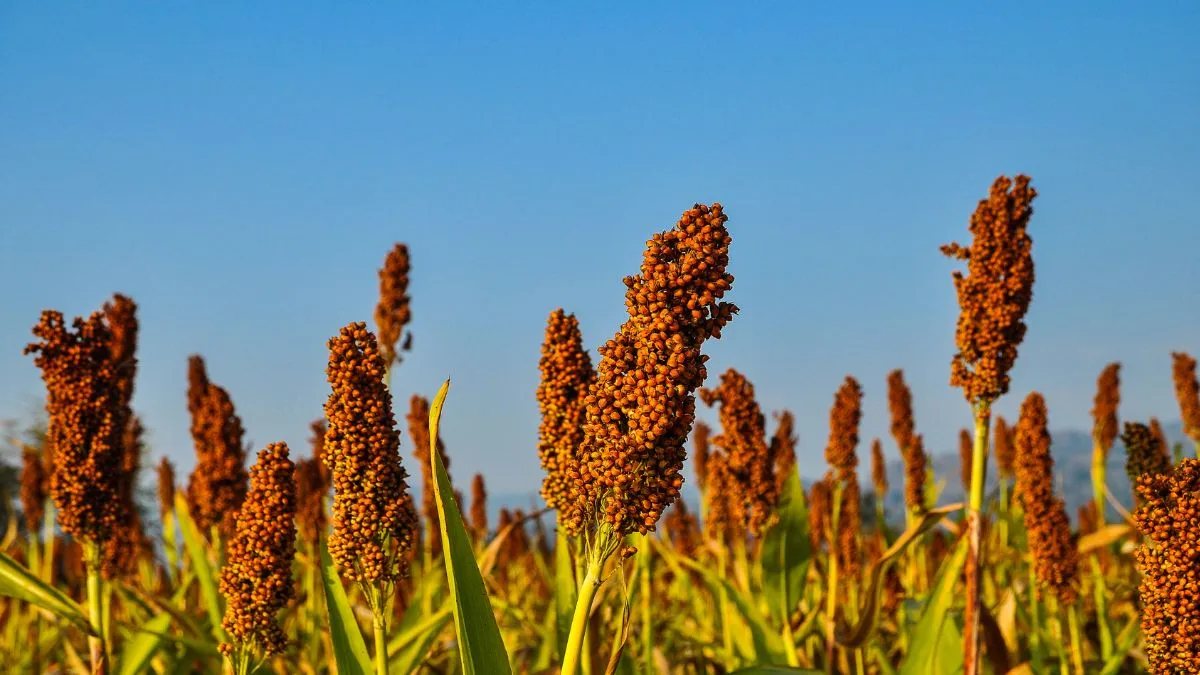- By Priyanka Munshi
- Thu, 01 Aug 2024 10:42 AM (IST)
- Source:JND
Consuming finger millet as part of your daily breakfast has numerous health benefits. Ragi, another name for finger millet, is a nutrient-dense grain that is rich in calcium, iron, protein, and dietary fiber. Eating finger millet for breakfast can help you feel fuller for longer periods and increase your energy levels, both of which are beneficial for managing your weight.
It is especially advantageous for young people, the elderly, and people with bone-related conditions because of its high calcium content, which promotes healthy bones and teeth. Additionally, finger millet is high in antioxidants, which lowers the risk of chronic illnesses and combats free radical damage. Therefore, we've compiled a list of all the advantages of consuming finger millet for breakfast.
Protects Heart
Antioxidants, amino acids, and minerals abound in millets. Eating millet lowers total cholesterol and plasma LDL levels, which supports healthy blood vessels. Consuming millet can also reduce total cholesterol by 8%, which may help avoid cardiovascular illnesses and lipid peroxidation.
Also Read: How ORS Helps In Managing Diarrhea During Monsoon Season; Expert Shares Insights
Healthy For Pregnant Women
Millets are high in vitamins, minerals, fiber, and protein. Pregnant women and children benefit from all of them, according the NIH.
Beneficial For Those with Diabetes
A high-nutrient, gluten-free cereal grain, millets give you energy, dietary fiber, and important vitamins that can help lessen your risk of diabetes.

By offering a hearty and nutrient-dense breakfast that promotes long-term health and vitality, including finger millet in your daily routine can enhance overall well-being. (Image Credit: Canva)
Weight Management
Metabolic disorders are primarily caused by obesity, which can be decreased with a low-carb, high-fiber diet and regular exercise. Additionally, whole grains like oats, brown rice, and millets can boost gut flora, encourage physical activity, and prevent fat buildup, according to NIH.
Anti-Cancer Effect
Certain millet proteins can stop the growth of malignant cells, suggesting that millet has anticancer properties. Their phytochemicals, which include anthocyanidins and antioxidant phenolic acids, have antiproliferative properties against cancer cells of the liver, breast, and colon.
(Disclaimer: This article is for informational purposes only. It is not a substitute for professional advice, diagnosis or treatment.)
